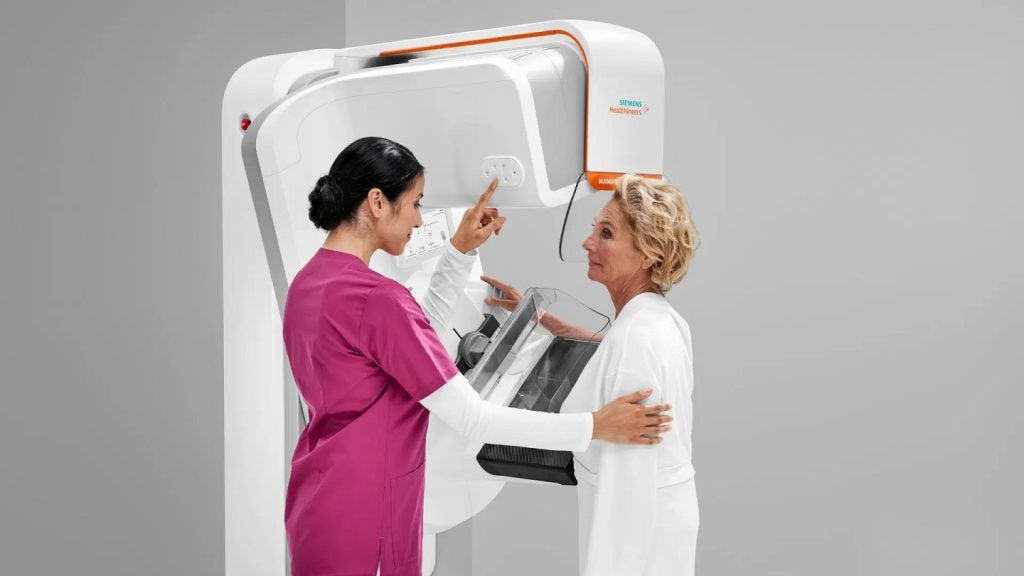The healthcare industry is undergoing significant technological advancements. AI is revolutionising the sector by offering innovative solutions that improve patient care, enhance operational efficiency, and address complex challenges. As AI technology continues to evolve, it is becoming an increasingly central component of modern healthcare systems, helping clinicians deliver better, more personalised care while easing the strain on overburdened healthcare professionals.
Recent partnerships and projects in the healthcare industry demonstrate how AI is being integrated into both clinical and administrative operations. From improving bedside care to streamlining documentation processes, AI is making a profound impact across various aspects of healthcare delivery.
One of the most exciting recent developments in healthcare AI is the collaboration between AvaSure, Oracle, and NVIDIA. AvaSure, known for its intelligent virtual care platforms, is working with Oracle Cloud Infrastructure and NVIDIA to develop an AI-powered virtual concierge system. This initiative is aimed at optimising hospital operations by addressing staff and patient requests in real-time, reducing the burden on bedside staff, and improving overall patient care.
This AI-powered concierge system is particularly important in addressing staffing shortages. By automating routine tasks and providing real-time assistance, the virtual concierge allows clinical staff to focus on more critical aspects of patient care.
AI is also making significant strides in specialised areas of healthcare such as neonatal care. AngelEye Health, a US-based paediatric care company, is expanding its capabilities in neonatal intensive care units (NICUs). The company plans to integrate AI, computer vision, and machine learning into its NICU bedside camera systems. This integration will enable the cameras to play a more active role in monitoring and caring for newborns in critical condition.
By incorporating machine learning algorithms into its camera systems, AngelEye can track early health indicators in newborns, allowing healthcare providers to intervene earlier and improve long-term outcomes. This is especially important in neonatal care, where early detection of health risks can significantly impact a child's development and recovery.
In addition to its clinical applications, AI is also transforming the administrative side of healthcare. Suki, an AI technology provider, has developed an AI-powered assistant designed to reduce the documentation burden on clinicians. Suki Assistant uses voice recognition and AI-driven dictation to help healthcare providers complete electronic health record (EHR) entries more efficiently. Suki Assistant allows clinicians to complete any field in the EHR using simple voice commands, streamlining the documentation process and freeing up more time for direct patient care.
As AI continues to evolve, its role in healthcare is expected to expand further. Innovations in AI-driven patient care, clinical decision-making, and operational efficiency are likely to become even more sophisticated, offering new possibilities for improving healthcare. The integration of AI into various aspects of healthcare will enable the industry to meet the growing demand for personalised care.















